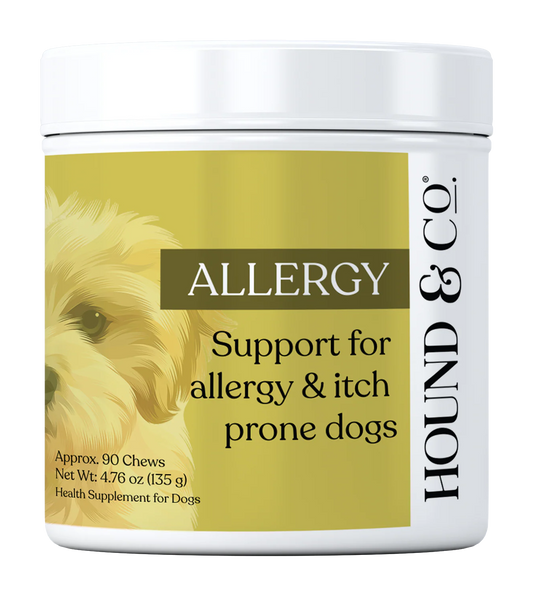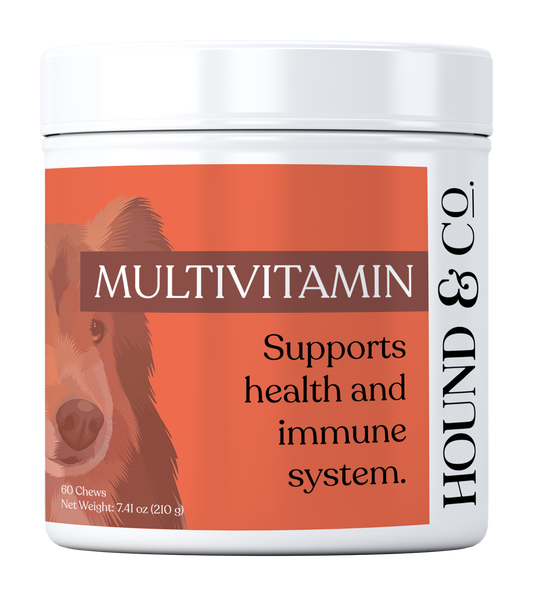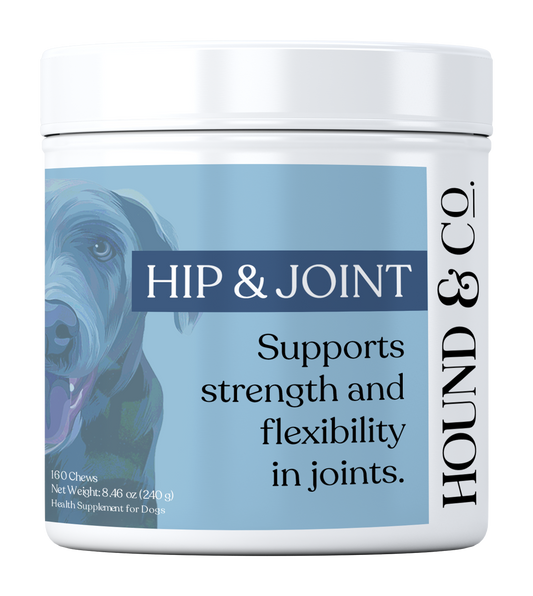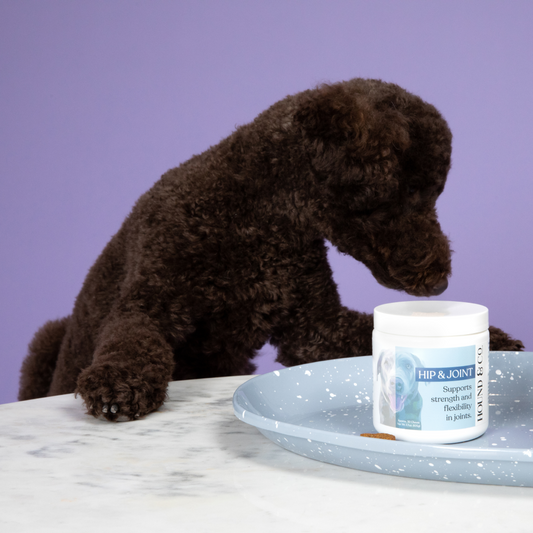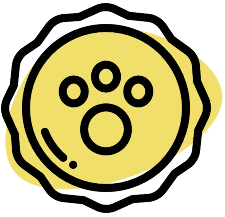How to Spot Signs of Nutrient Deficiencies in Dogs

Vet Reviewed by Dr. Jacob Klos, DVM

As pet owners, we all want our furry friends to be happy and healthy. One of the most important factors in maintaining our dog’s health is making sure they are getting all the necessary nutrients they need. Nutrient deficiencies in dogs can lead to a range of health problems, including dull coat, weakened immune system, and even serious illnesses. In this blog post, we’ll discuss the most common signs of nutrient deficiencies in dogs and how to address them.
1. Dull Coat and Dry Skin
A shiny coat and healthy skin are signs of a well-nourished dog. If your dog’s coat has lost its luster and their skin appears dry, this may be a sign of a nutrient deficiency. Essential fatty acids, such as Omega-3 and Omega-6, are crucial for a healthy coat and skin. A diet lacking in these essential fatty acids can lead to a dry, flaky coat and itchy, irritated skin.
To address this issue, consider adding fatty acid supplements to your dog’s diet. Fish oil supplements are a great source of Omega-3 fatty acids, while flaxseed oil can provide Omega-6 fatty acids. Alternatively, you may want to switch to a high-quality dog food that includes these essential fatty acids
2. Dental Problems
Poor dental health in dogs is often a sign of a nutrient deficiency. Specifically, a lack of calcium and Vitamin D can lead to weak teeth and bones. Over time, this can cause dental problems, such as gum disease and tooth decay.
To address this issue, you should make sure your dog’s diet includes plenty of calcium and Vitamin D. Look for dog food that includes these nutrients or consider adding a calcium supplement to their diet.
3. Digestive Issues
Digestive problems in dogs are often related to their diet. A lack of dietary fiber can lead to constipation, while an excess of certain nutrients can cause diarrhea.
To address this issue, make sure your dog’s diet includes a balance of nutrients. A high-quality dog food should include all the necessary vitamins and minerals. Additionally, adding fiber to your dog’s diet can help regulate their digestive system.
4. Weight Problems
A healthy weight is important for dogs, just as it is for humans. If your dog is underweight or overweight, this may be a sign of a nutrient deficiency. Specifically, a lack of protein and essential fatty acids can lead to weight loss, while a diet high in carbohydrates can cause weight gain.
To address this issue, consider switching to a high-quality dog food that includes all the necessary nutrients. Additionally, make sure your dog is getting plenty of exercise to maintain a healthy weight.
5. Weak Immune System
A strong immune system is crucial for dogs to fight off infections and diseases. A lack of nutrients, such as Vitamin C, Vitamin E, and Zinc, can weaken your dog’s immune system, making them more susceptible to illnesses.
To address this issue, make sure your dog’s diet includes all the necessary vitamins and minerals. Additionally, consider adding a multivitamin supplement to their diet to ensure they are getting all the necessary nutrients.
Nutrient deficiencies in dogs can lead to a range of health problems. By being aware of the signs of nutrient deficiencies and taking steps to address them, you can ensure that your furry friend stays happy and healthy. Consult with your veterinarian to determine the best course of action for your dog’s specific needs.







